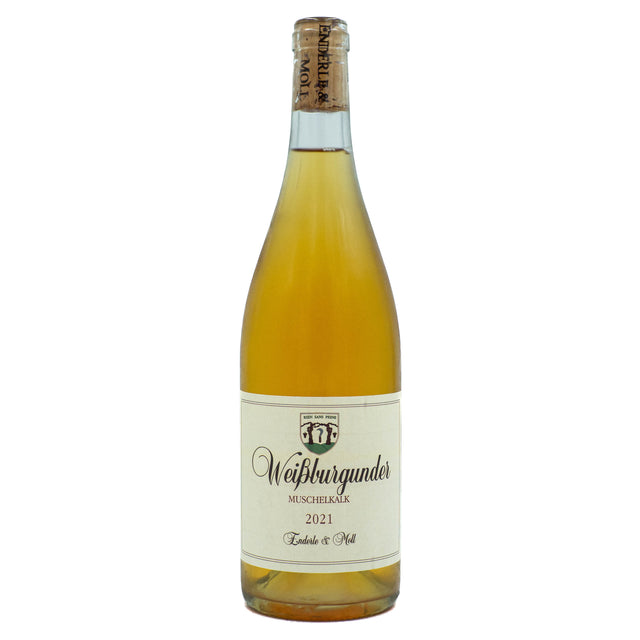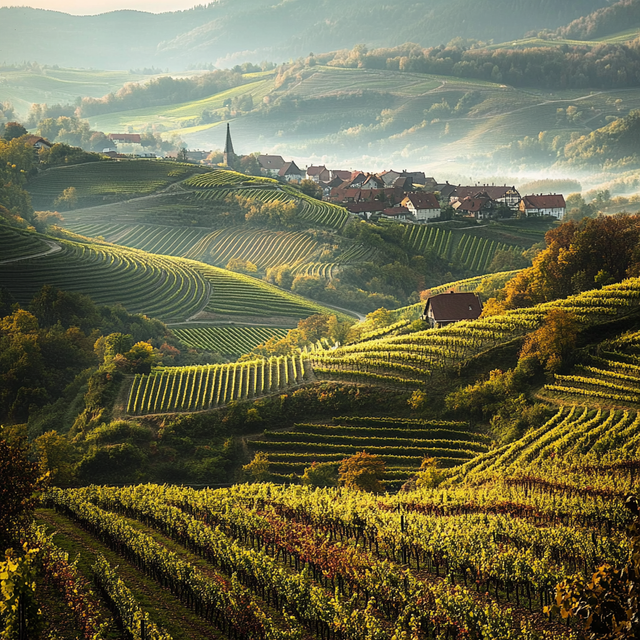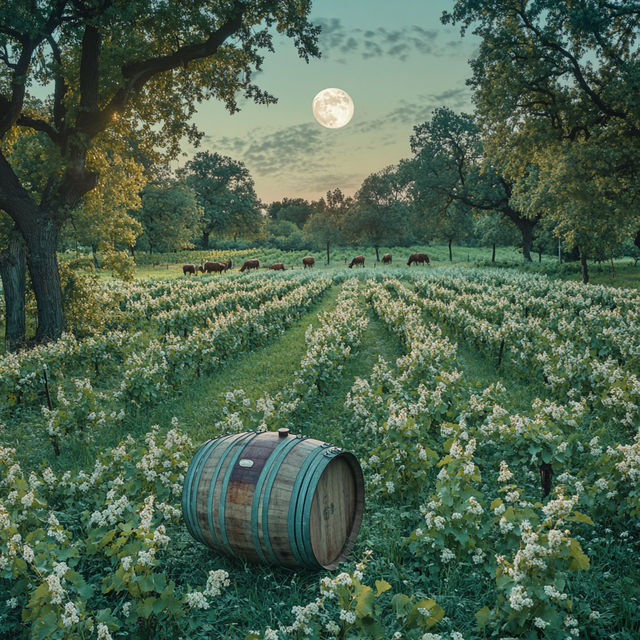Baden, Germany's warmest and southernmost wine region, is distinctly different from its northern counterparts. Benefiting from a near-Mediterranean climate, Baden is known for its ripe, full-bodied wines, particularly Pinot Noir (Spätburgunder) and Pinot Blanc (Weissburgunder). The Kaiserstuhl, a volcanic range within Baden, is a key area, known for its rich, fertile soils that contribute to the wines' concentration and power. While Riesling is grown, Baden's focus is more on these Burgundian varieties, producing wines that are richer, rounder, and often more approachable in their youth than classic examples from cooler German regions. Baden offers a unique and sun-drenched expression of German wine, showcasing a different facet of the country's viticultural landscape.
Germany - Baden
Practicing Biodynamic vineyard farming follows the core principles of biodynamics—treating the vineyard as a self-sustaining, living organism and aligning farming activities with lunar and cosmic rhythms—but without formal certification. These vineyards often use compost preparations, herbal sprays, and homeopathic remedies to nourish the soil and promote vine health, while fostering biodiversity and natural balance. Many small or artisan producers embrace biodynamics philosophically and practically but choose not to pursue certification due to its cost, administrative demands, or philosophical preference for independence. As a result, practicing biodynamic farms often reflect a deep, holistic commitment to the land, even without the official label.




